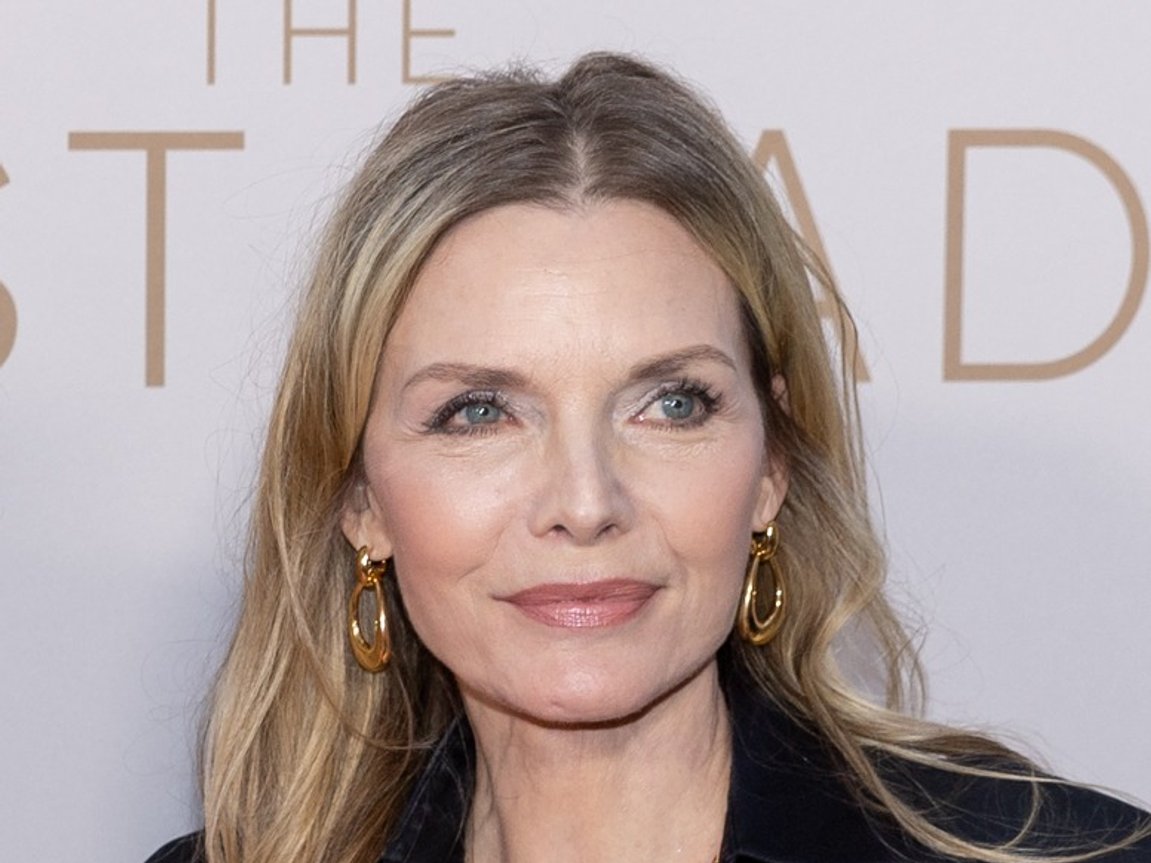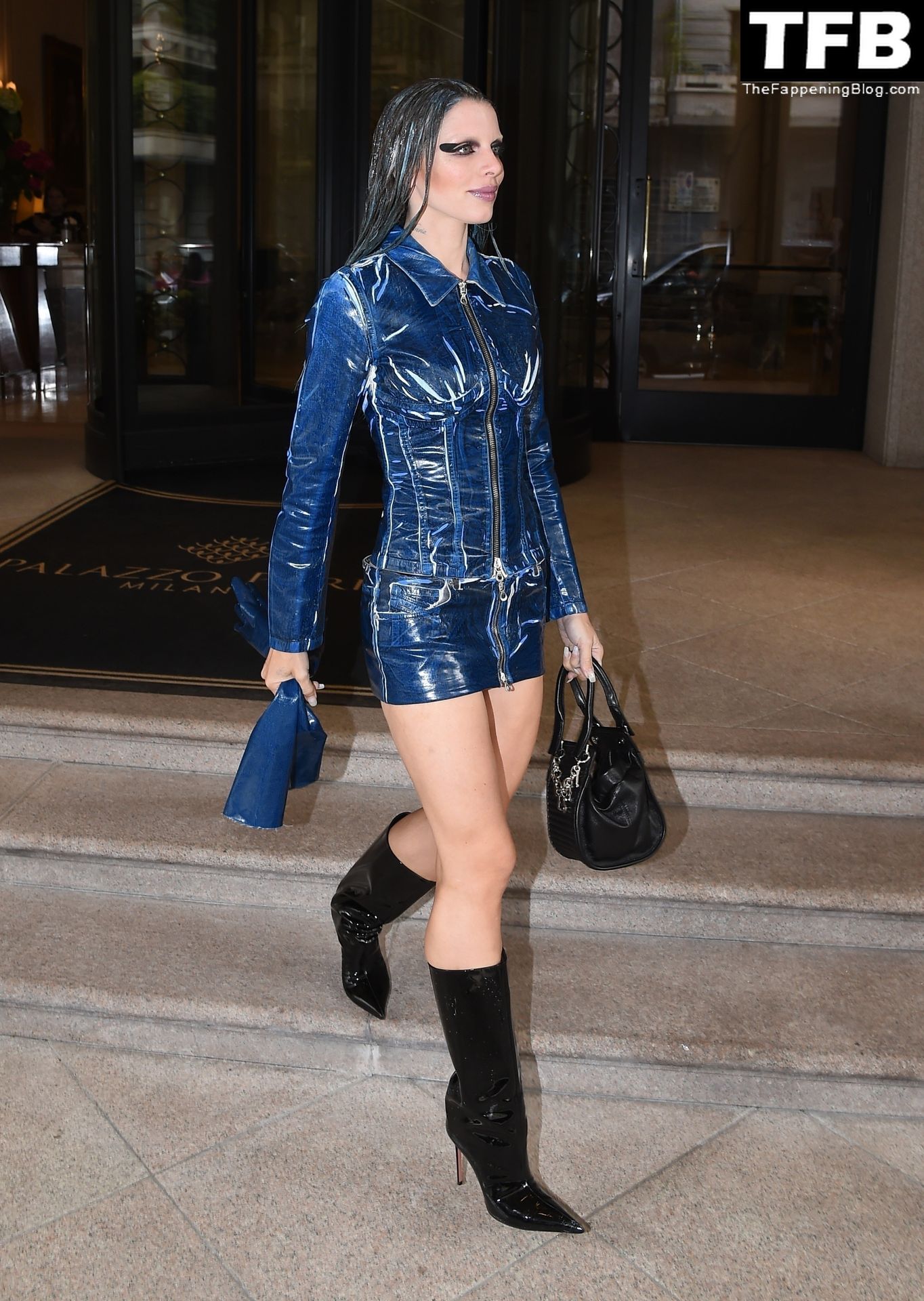
Introduction
Michelle Pfeiffer is an American actress whose work has transcended generations and genres. Known for her versatility and compelling performances, Pfeiffer has become a significant figure in Hollywood since her rise to fame in the 1980s. Her impactful roles and continued presence in cinema make her an essential topic of discussion, particularly as we reflect on the evolution of women in film.
Career Highlights
Pfeiffer began her career in television in the late 1970s, but it was her breakthrough role in the 1983 film Scarface that catapulted her into stardom. Playing the character Elvira Hancock opposite Al Pacino, she garnered critical acclaim and established herself as a formidable leading lady. Throughout the 1980s and 1990s, she starred in a series of successful films including The Fabulous Baker Boys, Dangerous Liaisons, and What Lies Beneath, showcasing her range from glamorous femme fatales to deeply complex characters.
Pfeiffer’s performance in One Fine Day alongside George Clooney and her portrayal of Catwoman in Batman Returns further solidified her status as a Hollywood icon. Even after a brief hiatus from leading roles, her return in Ant-Man and The Wasp in 2018 reminded audiences of her enduring talent and star power.
Recognition and Awards
Throughout her illustrious career, Pfeiffer has accumulated numerous accolades, including three Academy Award nominations. She won a Golden Globe Award for Best Actress in a Motion Picture for her role in The Fabulous Baker Boys. Her contributions have not only been recognised by her peers but also by fans worldwide, making her a beloved figure in pop culture.
Impact on Modern Cinema
Michelle Pfeiffer’s impact extends beyond her performances. She has become a role model for aspiring actresses, advocating for diversity and representation in Hollywood. As more women take on leading roles in film, Pfeiffer’s early career choices serve as an inspiration, demonstrating the importance of strong female characters in cinema. Her involvement in various philanthropic efforts also reflects her commitment to social issues, further enhancing her legacy.
Conclusion
In conclusion, Michelle Pfeiffer’s journey in the film industry showcases her remarkable ability to adapt and grow as an actress. Her contributions over the decades have shaped the landscape of Hollywood, proving that talent and determination can create an enduring legacy. As the film industry continues to evolve, Pfeiffer’s influence will likely remain a guiding force for future generations of artists. Her story is not only one of personal achievement but also of paving the way for future female talent in the entertainment world.
You may also like

Julia Fox: The Emerging Talent Captivating Hollywood

The Life and Career of Pauline McLynn

Exploring the Life and Works of Mira Nair
SEARCH
LAST NEWS
- Remembering Wendy Richard: The Promise to Co-Star Natalie Cassidy
- How Did Anglian Water Achieve an ‘Essentials’ Rating for Mental Health Accessibility?
- Shai Hope Leads West Indies in T20 World Cup Clash Against South Africa
- What We Know About Weston McKennie: Future at Juventus and Past at Leeds
- What We Know About the Upcoming Live Nation Antitrust Trial